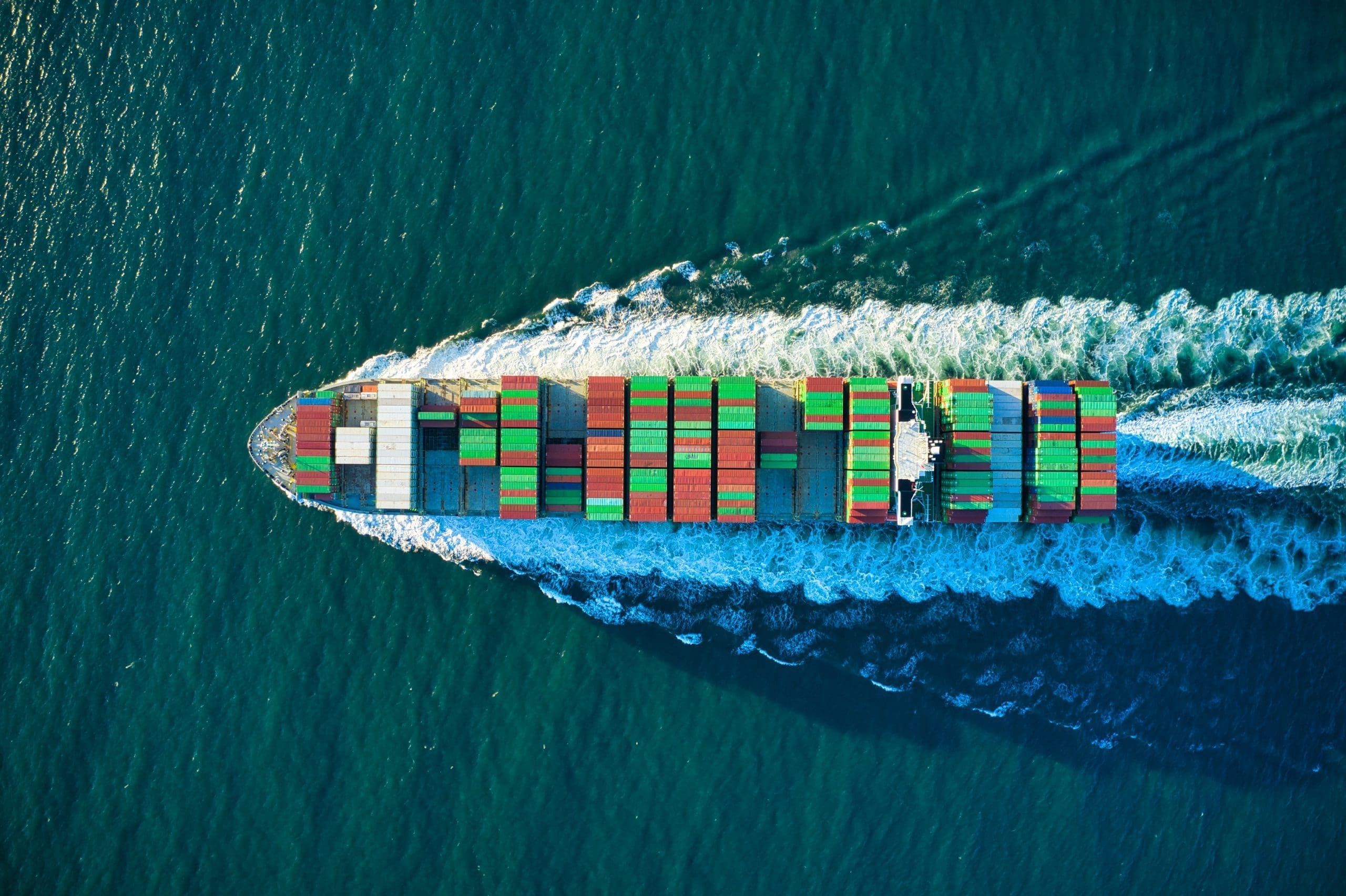- Shop All Documents + Bundles
- FORS V7.1 Document Bundle | Bronze (15 Policies)
- Transport Manager Compliance Pack (10 Policies)
- Transport Manager Compliance Pack (6 Policies)
- Health & Safety Policy Template
- Fuel, Emissions And Air Policy Template
- Operational Security Policy Template
- Serviceability And Roadworthiness Policy Template
- Road Traffic Collision Policy Template
- Counter Terrorism Policy Template
- Load Safety Policy Template
- Vehicle Routing And Scheduling Policy Template
- Driving Standards Policy Template
- Driving Hours Policy Template
- In Cab Technology Policy Template
- Passenger Safety Policy Template
- Complaints And Grievances Policy Template
- Drug And Alcohol Management Policy Template
- Hazard And Risk Identification Policy Template
- VOR (Vehicle Off Road) Policy Template
- Tyre + Wheel Policy Template
- Health & Eyesight Policy Template
- Transport Infringement Policy Template
- Walk Around Check (Defect Check) Tool Box Talk Template
- Transport Manager CV Template
- Social Media Policy Template
- Transport Manager Contract Template
- External Transport Manager Contract Template
- Driver Handbook
Clean Tyne Shipping Corridor Project to support net zero carbon fuels methanol, hydrogen, and ammonia

Clean Tyne Shipping Corridor Project
In the UK, the Port of Tyne, working with Connected Places Catapult and partners Arup, Lloyds Register, EDF R&D UK, Newcastle University and the North East LEP, has published the results of a feasibility study looking at the decarbonisation of the maritime industry through the creation of green shipping corridors, and the adoption of scalable zero-emission energy sources.
The Clean Tyne Shipping Corridor Project – funded by the Department for Transport and delivered in partnership with Innovate UK as part of the Clean Maritime Demonstration Competition Round 2 (CMDC2) – sets out the opportunities and economic and environmental benefits of creating a new, green shipping corridor from North-East England that links the region with the European Green Corridors Network
The study also explores the current use of alternative fuels in the shipping industry, and some of the challenges the sector faces in transitioning from conventional fuels to net zero carbon fuels like methanol, hydrogen, and ammonia.

One thought on “Clean Tyne Shipping Corridor Project to support net zero carbon fuels methanol, hydrogen, and ammonia”
Comments are closed.